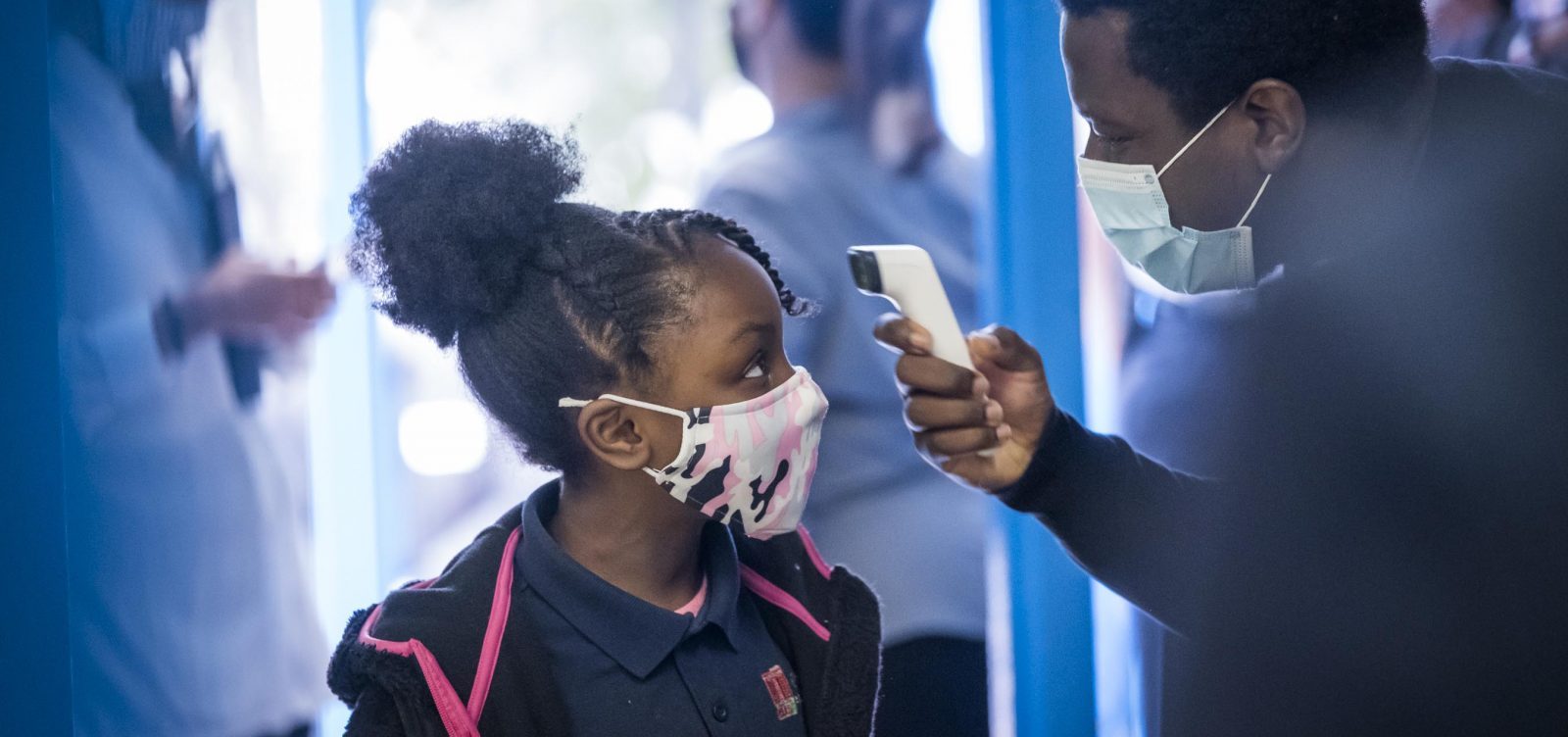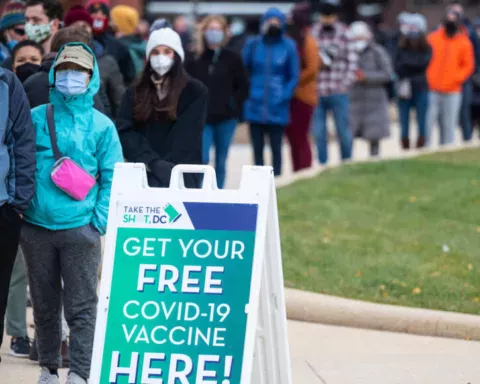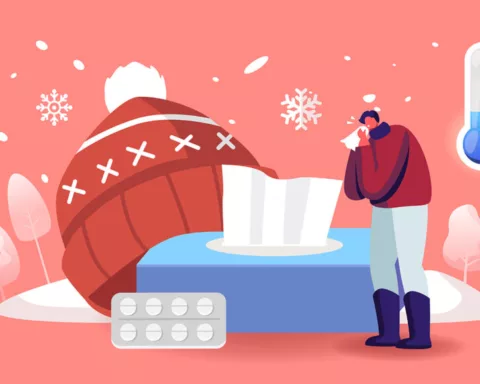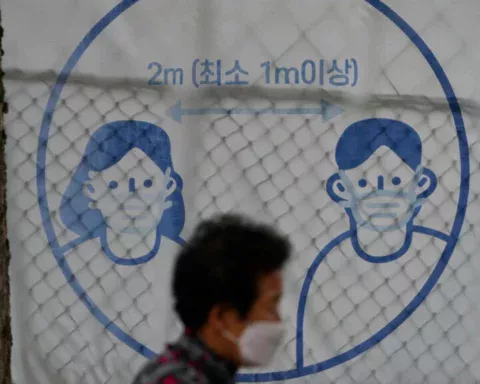- Regular testing, along with COVID-19 vaccination, helps protect students, staff, family members, and others who are not currently vaccinated against COVID-19 or are otherwise at risk for getting seriously sick from COVID-19.
- Testing programs help keep students in the classroom and allow them to take part in the other activities they love.
What You Should Know About COVID-19 Testing in Schools
As schools go back to in-person learning, some may offer regular COVID-19 testing for students and staff. This means testing is offered regularly, even for people who don’t have symptoms of COVID-19. Many schools will also offer testing for people with symptoms of COVID-19 or who have been exposed to someone with COVID-19.
Regular COVID-19 Testing Protects Everyone
Regular testing, in addition to COVID-19 vaccination, is a safe, effective way to help prevent the spread of COVID-19 and help keep schools open for in-person learning. Many people with COVID-19, especially children and teens, don’t have symptoms but can still spread the virus, so regular testing helps find people who have the virus before it can spread to others. This is especially important for children under 12 years old who are not yet able to get vaccinated against COVID-19, families, and staff with younger children at home, and others who are not vaccinated against COVID-19 or are otherwise at risk for getting seriously sick from COVID-19. Finding who has the virus early means steps can be taken to prevent COVID-19 from spreading and causing an outbreak, so schools can stay open. Regular testing also means parents or guardians get notified if their child tests positive, allowing them to plan for treatment and take steps to protect the rest of the family from COVID-19.
Regular testing will help keep students in the classroom and allows them to take part in the other activities they love.
COVID-19 Tests are Free, Quick, and Easy
The tests are free, quick, and easy and will tell if students or staff have the virus, even if they do not have symptoms.
Schools may choose to use either a nasal test, using a swab for the lower part of the inner nostril, or a saliva test, which takes a saliva (spit) sample. The nasal test is not painful and does not use the longer swab that reaches higher into the nose.
Staff will not be tested without consent. Students will not be tested without the consent of both the student and their guardian.
If a Student or Staff Member Tests Positive
If someone at school tests positive for COVID-19, they will be asked to stay home. Anyone who tests positive will also be asked about people they have been around so that everyone who has been exposed can be notified. People who have been exposed may also need to stay home, depending on whether they are fully vaccinated, and follow the school’s policies. When someone tests positive, having them stay home until they no longer have the virus makes sure the virus doesn’t spread to others at school, preventing an outbreak and keeping schools open.






